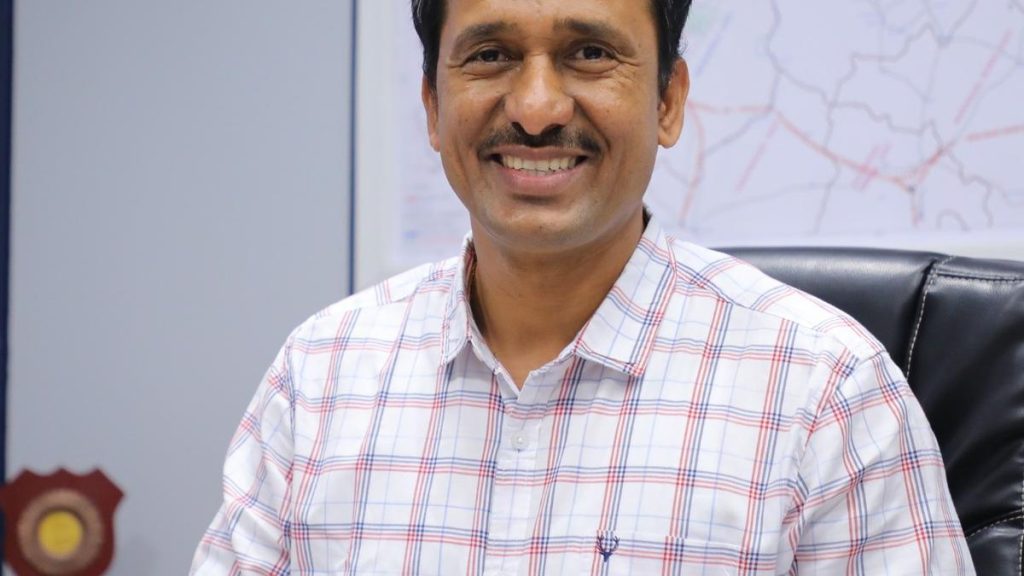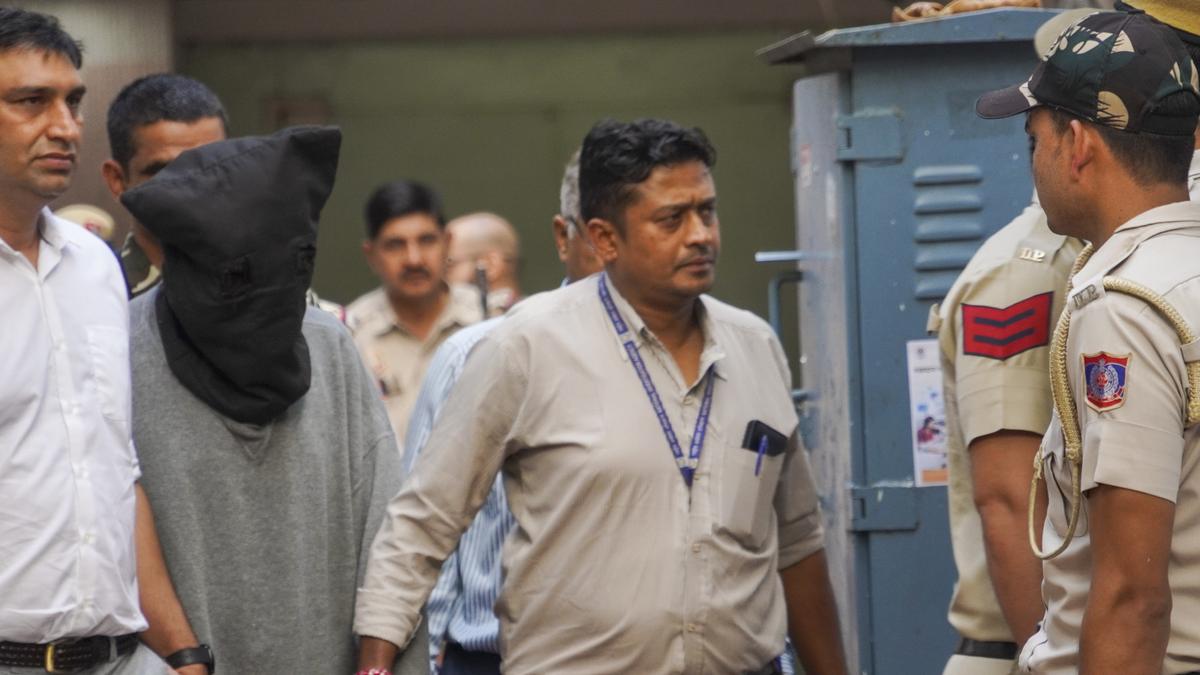Now Reading: Call for Scrapping EPC Model in Andhra Pradesh Irrigation Contracts
-
01
Call for Scrapping EPC Model in Andhra Pradesh Irrigation Contracts
Call for Scrapping EPC Model in Andhra Pradesh Irrigation Contracts

Swift Summary
- Irrigation expert and policy analyst T. Lakshminarayana has urged the Andhra Pradesh government to abolish the Engineering, Procurement, and Construction (EPC) contract system, alleging it facilitates large-scale misappropriation of public funds.
- The EPC model was introduced during former Chief Minister Y.S. rajasekhara Reddy’s tenure under the Jalayagnam initiative to address capacity issues in government engineering departments for handling irrigation projects.
- Criticism includes:
– EPC sidelines State engineering departments while granting unchecked authority to contractors for design, procurement, and construction.
– A contractor cartel dominates public works, with large-scale political influence via election funding.
– mega irrigation projects remain incomplete or stalled despite increasing budgets; examples include Telugu Ganga,Handri-Neeva,Galeru-Nagari,Veligonda,and Vamsadhara Phases I & II.
- He raised concerns about the proposed ₹81,900-crore Polavaram-Banakacherla Lift Irrigation Scheme being flawed under a hybrid model involving mixed funding (State/central/financial institutions) and contractor investment.
- rumours of Public-Private-People Partnership (PPP) in irrigation were highlighted as potentially adding layers of privatization and exploitation.
Indian Opinion Analysis
The criticism surrounding Andhra pradesh’s use of the EPC model for irrigation holds meaningful weight given its long-standing association with delays and budget escalations in mega-projects. A robust mechanism is essential for accountability within such high-value public sector initiatives. By sidelining state engineers who are traditionally involved in design oversight and execution management under this framework, there are real risks of dependency on contractor cartels that could lead to over-consolidation in infrastructure development.
If substantiated, allegations indicating that such models disproportionately benefit contractors at the expense of farmers underline systemic governance gaps that need urgent rectification-whether through policy overhaul or enhanced oversight mechanisms. Moreover, introducing a hybrid-funding mechanism or PPP systems without adequate safeguards has potential implications for equitable resource distribution among various stakeholders.
Careful evaluation will be needed before embarking on new project structures like Polavaram-Banakacherla Lift Irrigation Scheme so as to balance privatization advantages against long-term sustainability concerns. Addressing flagged inefficiencies within these frameworks is vital not only for safeguarding public funds but also ensuring holistic statewide development.























